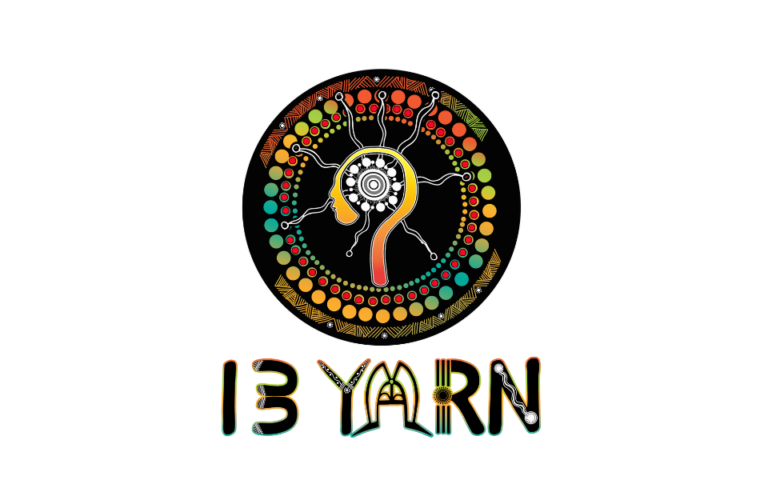When perusing social media platforms, one thing becomes very clear. Everyone is trying to portray themselves as though they are 100% happy all the time. And there is no shortage of social media and blog content, dedicated to telling people that everything is fine and that happiness can be ‘achieved’ by following this ‘don’t be unhappy guide’, or ‘these tips on happiness’ or ‘these secrets to success’.
But we’re calling it – this is rubbish!
“The pressure to be happy and positive all the time makes it harder for some of us to feel okay with ourselves.”
Sometimes life sucks. Sometimes you lose your job, your partner or your house. Your self-esteem might take a dive, or you struggle with mental illness. Everything isn’t always great, it isn’t always possible to be happy, and the pressure to be happy and positive all the time makes it harder for some of us to feel okay with ourselves.
The pressure to be happy encourages us to compare ourselves to others and leads us to feel like we are failing at life if others look happier than we feel. It leads us to have a warped view of what happiness looks like and what makes people happy. Perhaps most damagingly though, the pressure to always be happy and positive leads us to feel like we can’t be honest with ourselves and others about our struggles and this can prevent us from seeking help when we really need it.
But you know what? It’s okay to acknowledge and talk about difficult feelings, whether you are experiencing a passing hardship, or battling depression. Doing so is healthy, and it is not ‘being negative’.
Our goal should be to feel all the feelings, and to be honest with ourselves and with others so that we can support each other.
#InternationalDayOfHappiness
If you need support, call Suicide Call Back Service on 1300 659 467.
If it is an emergency, call 000.









